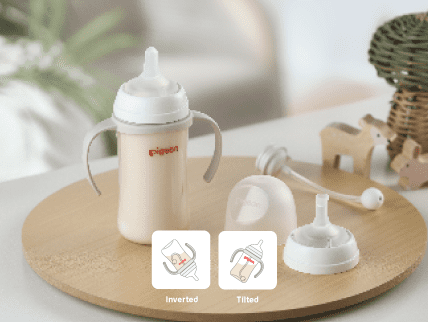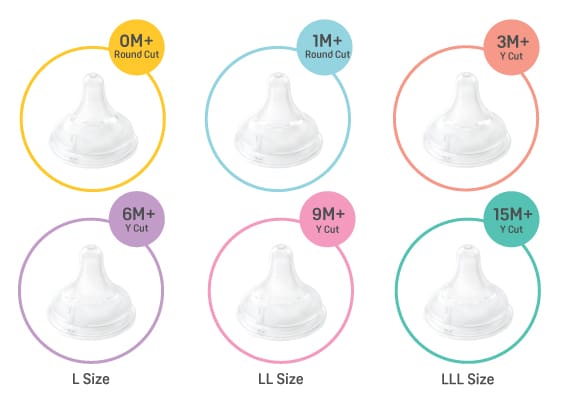Congratulations, you’re pregnant—now what? If you’re having a baby for the first time, you want to make sure you’re in good hands. We weigh in on how to choose the obstetrician that’s best suited to your needs!
#1 Transparency is key. An obstetrician should always be transparent with their patients when it comes to outcomes and intervention rates, thus make sure you’re informed and kept up-to-date with the latest data. If you’re seeking a specific method of delivery, request for access to their statistics so you can see their experience as well as success rates in the area.
For instance, if you’re keen on having a natural birth, check out their c-section rate to determine whether they’re likely to support you if you’re giving birth vaginally – you’re after an obstetrician with a rate of no more than 40%, if possible. You may also want to ask about their emergency c-section rates, which should ideally be less than 15%.
#2 If you already have a birth plan in mind, it’s a good idea to put together a rough one and take it with you when you interview an obstetrician. This allows the obstetrician to have a better understanding of your preferences and goals during labour so they can offer advice on how to best facilitate the birth. It also helps to minimise any conflict or miscommunication that may occur between you and the team midway through the delivery.
#3 Don’t be afraid to raise questions. Some great starter questions include: What are your beliefs about birth? Do you support natural birth? What do you think about doulas? You want to find an obstetrician who believes in you and will do everything to help you to achieve the best possible outcome for your unborn child. That’s why it’s important to find out whether they share the same philosophies and visions as you. Remember, if a potential healthcare provider makes you feel uncomfortable or even fearful of the birth process, move on!
#4 Find out which hospital your obstetrician is delivering at. Is it a public or a private hospital? Keep in mind that although hospitals in Singapore maintain a gold standard in maternity care, there are still differences in the offerings and fees between a public and a private hospital. Therefore, it’s important to understand the costs involved and consider your options carefully.
Ultimately, make sure it’s a hospital that’s fully equipped to provide you with the utmost care, and one that you’re comfortable with – be it with the fees, facilities or medical professionals.
#5 Keep in mind that deliveries are often unpredictable. In fact, a recent study has shown that only 5% of women will actually deliver on their estimated due date, which means that you may go into labour anytime and anywhere. Unfortunately, not all hospitals in Singapore have pediatricians on standby round-the-clock to provide immediate medical attention.
In the event of an emergency delivery, check with your obstetrician how far away they will allow their paediatricians to be when you’re in labour, so as to ensure that someone will be there to take care of your baby. Also, get the obstetrician to prepare a list of clearly written instructions on what you or your partner should do a few weeks before the due date – how to contact the hospital, and any alternative plans if the obstetrician is unavailable.
#6 Besides the obstetrician, take a good look at the entire team. An obstetrician needs to work hand-in-hand with a trustworthy team of support staff to achieve a smooth and successful delivery. Midwives, nurses and doulas (check if your doctor is okay with this) all play an essential part in managing the overall well-being of both mother and baby.
#7 The role of an anaesthetist is especially important when it comes to high-risk pregnancies. An obstetrician will usually work closely with one sole anaesthetist – you want to be in the safe hands of someone who has gone through specialist training in obstetric anaesthesia and with a good track record. The last thing you’d want to worry about when you’re in labour is a failed epidural!
#8 Last but not least, take into account feedback and recommendations from friends, acquaintances and family members who have been delivered by an obstetrician you’ve been considering. This can give you a better idea of their capabilities, credibility, as well as work ethics. Likewise, Facebook parenting groups are also a wonderful way to share advice, support and resources with fellow mothers-to-be and other caregivers. Ask questions like: How was their delivery experience like? Was their child born healthy? Did they recover well? It always helps to have a second opinion!
At the end of the day, you’re the one who knows what’s best for you and your child. Do your research, talk to people, and get reliable information before making a properly informed choice!
How to Choose an Obstetrician in Singapore: The Questions
You Need to Ask! – Pigeon Singapore














